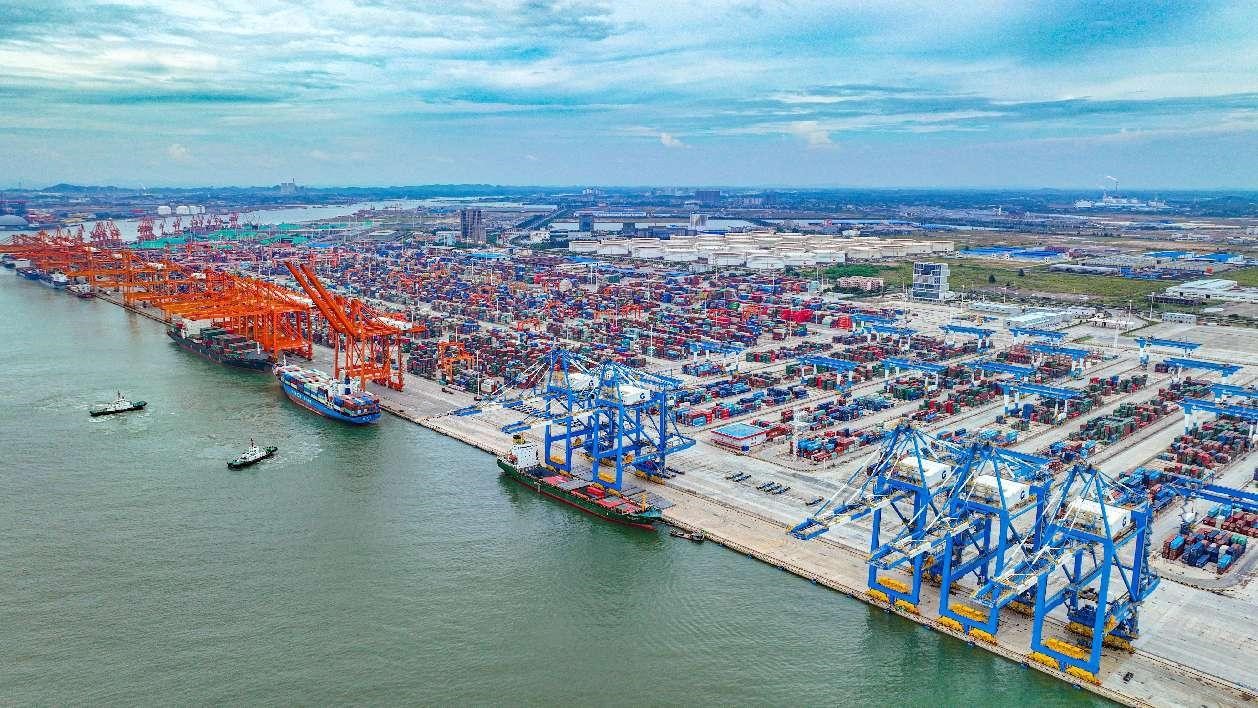
India’s exporters fear an impact with disruption to shipping and trade, besides costlier oil
NEW DELHI : A full-blown war in West Asia is in prospect following Iran’s ballistic missile strike on Israel to avenge the killing of Hezbollah leader Hassan Nasrallah, and its Islamic Revolutionary Guard Corps commander in Beirut. Israel will certainly retaliate at the time of its choosing even as it has expanded its military objectives to take on Hezbollah — the most powerful non-state actor — by invading southern Lebanon. A multi-arena conflict has opened up as the year-long war in Gaza still rages and Israel has also launched strikes against Houthi forces in Yemen. Israel’s imminent attack on Iran for supporting Hezbollah, Hamas, and the Houthis has ratcheted up tensions in the region amidst speculation on the likely targets of its retaliation.
Will it be a tit-for-tat response on Iran’s military and airbases or its oil facilities? For a long time, Israel has eyed taking out the country’s nuclear enrichment facilities in Natanz. There is no telling exactly how much global oil prices will spike upwards if the US does give a go-ahead for an Israeli strike on Tehran’s oil or nuclear facilities which can turn West Asia into a ball of fire.
The prospect of costlier oil is bad news for India which imports the bulk of its energy requirements. Brent spot prices rose to $75-plus a barrel after softening last month amidst fears of weakening oil demand, especially in the world’s second-largest economy, China. Although they remain lower than the average of $82.60 a barrel from January to September, the markets are extremely jittery about the prospects of strikes on Iran’s oil facilities and supply disruptions through the Red Sea and Strait of Hormuz. More consequential for India is that less than half of its supplies were sourced from West Asia through the Persian Gulf and the Strait of Hormuz through which a fifth of global oil supplies passes through daily. An Israeli strike on the facilities of the third largest Opec producer would take out 4.32 million barrels a day or 4.2% of global crude oil supplies. And if Tehran retaliates by blockading the Strait, all bets then will be off as oil prices would zoom and adversely impact the highly energy import-dependent Indian economy.
Indian exporters, too, are nervous about the escalating tensions in West Asia as they confront rising shipping costs and further disruptions to trade. Attacks on container shipments by Houthi forces in the Red Sea have been going on since last October-November and could further intensify with full-blown hostilities. The Suez Canal is the quickest way for goods to transit between Asia and Europe, accounts for 30% of all container ship traffic, and is a vital conduit for crude oil shipments. The Houthi attacks have forced our exporters to reroute their vessels around Africa via the Cape of Good Hope, which inflates costs as journeys take two weeks longer. India’s exports to Israel, Jordan, and Lebanon have witnessed contractions in the first seven months of this year. As if all this weren’t bad enough, exporters could also be hit by the ongoing workers’ strike in the East and Gulf Coast ports of the US, India’s largest trading partner. For such reasons, India’s ministry of External Affairs has expressed deep concern over the likelihood of a wider regional conflict and urged all parties to exercise restraint and address issues through dialogue and diplomacy.
Source : Financial Express
